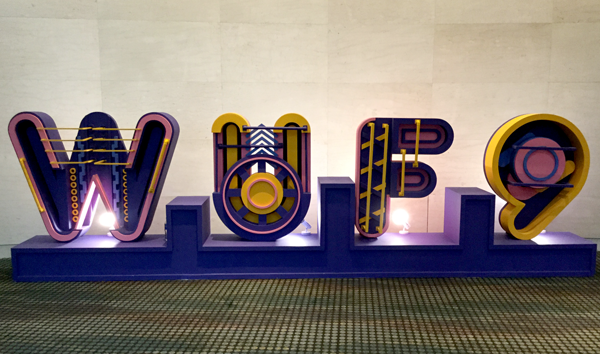Join JPI UE
Faq
FAQ
Please click here for the frequently asked questions we collected.
If you have an additional questions you are welcome to mail us at info@jpi-urbaneurope.eu
The main aim of this networking event was to assess the framework conditions for dedicated, committed and successful triple/quadruple helix city-city partnerships to implement the NUA including the SDGs. They are general guidelines for urban sustainable development strategies, which need to be translated and adapted considering the diverse local contexts. Key prerequisite for successful implementation strategies is the collaboration between state/cities, business, academia and civil society in terms of the helix-understanding. Furthermore the consideration of the context specific social, cultural, political, economic and climatic conditions is essential in adopting the NUA in the real world environment.

JPI Urban Europe can support local actors and actions to co-create and test new pathways, strategies and instruments to reach tailored goals. Furthermore, an intensive knowledge exchange between cities supports both, successful local efforts as well as the generation of transferable knowledge and solutions. Thus, I argued, clear evaluation criteria are necessary to strengthen learning effects. Meta-evaluation of methods and approaches, a realistic societal impact assessment, and critical reflections of stakeholder involvement is indispensable.
B. Müller focused on the quadruple helix approach and pointed towards the differences between theoretical approaches and practice. Mutual understanding and interests can be foster by encouragement, common rules and successful examples. To reach a common understanding, C. Buyang presented a data-driven indicator system to evaluate urban sustainability. G. Viale Pereira demonstrated the use and application of digital technologies which has been developed in the JPI Urban Europe SmartGov project to tighten the relationship among government and the civil society in terms of digital smart governance. Her project illustrates the quadruple helix partnership by development of Fuzzy Cognitive Maps as dynamic tools, which allow applying participatory and collaborative methods.
W. Changhua described the quadruple helix approach by the example of Rotterdam where the invited representatives of big enterprises, leading academic institutions and from the civil society to develop future scenarios and assumptions for his city in an intensive consultation process over 11 month. New ideas such as urban consequences of industry 4.0 or the establishment of eco-clouds to harmonize so far separated infrastructure decisions in the city emerged. K. Mjøen pled for the learning society by combination of physical and virtual spaces using smart technologies. By connecting people worldwide, we can create playgrounds for our visions, encourage participation and interaction and can shape incubators for mind-set change in terms of replacement of leadership.
The vivid discussion after the presentations focussed on the benefit of city-city partnership in terms of learning how to implement the NUA at local level. It was stressed to keep the experiences and results on a platform for information and learning, and to avoid duplication or failures.
All participants agreed about the important role of JPI Urban Europe as enabler and supporter of sustainable urban development as defined by the NUA. Thus, the presence of JPI Urban Europe at the WUF9 and its active involvement contributed to a comprehensive perspective of the various global urban challenges.
Download the documentation of this session
Introduction by Johannes Riegler
| Name of Presenter | Organisation | Abstract |
| Sigrun Kabisch | UFZ Leipzig, Germany JPI Urban Europe Scientific Advisory Board |
How can an international research program contribute to adapt the NUA at local level? |
| Bernhard Müller | Bernhard Mueller, Leibniz Institute of Ecological Urban and Regional Development (IOER) and Technische Universität Dresden, Germany | Transition towards urban sustainability through socially integrative cities Research and development in the EU and in China as a contribution to the implementation of the New Urban Agenda. |
| CAO Buyang | Tongji University, Shanghai | Data-driven insights for EU-China urbanization |
| Gabriela Viale Pereira | Danube University Krems; JPI UE Project SmartGov | Digital Governance for Sustainable and Smart Cities: Quadruple Helix Partnership in the case of the JPI Urban Europe SmartGov Project |
| WU Changhua | China/Asia Director, Office of Jeremy Rifkin;
Vice Chair of World Green Design Organisation |
Advancing Sustainable Urbanization Through EU-China Partnership |
| Kristian Mjøen | Trondheim Municipality | Beyond Smart Cities – Learning Society |
Moderation and concept: Johannes Riegler